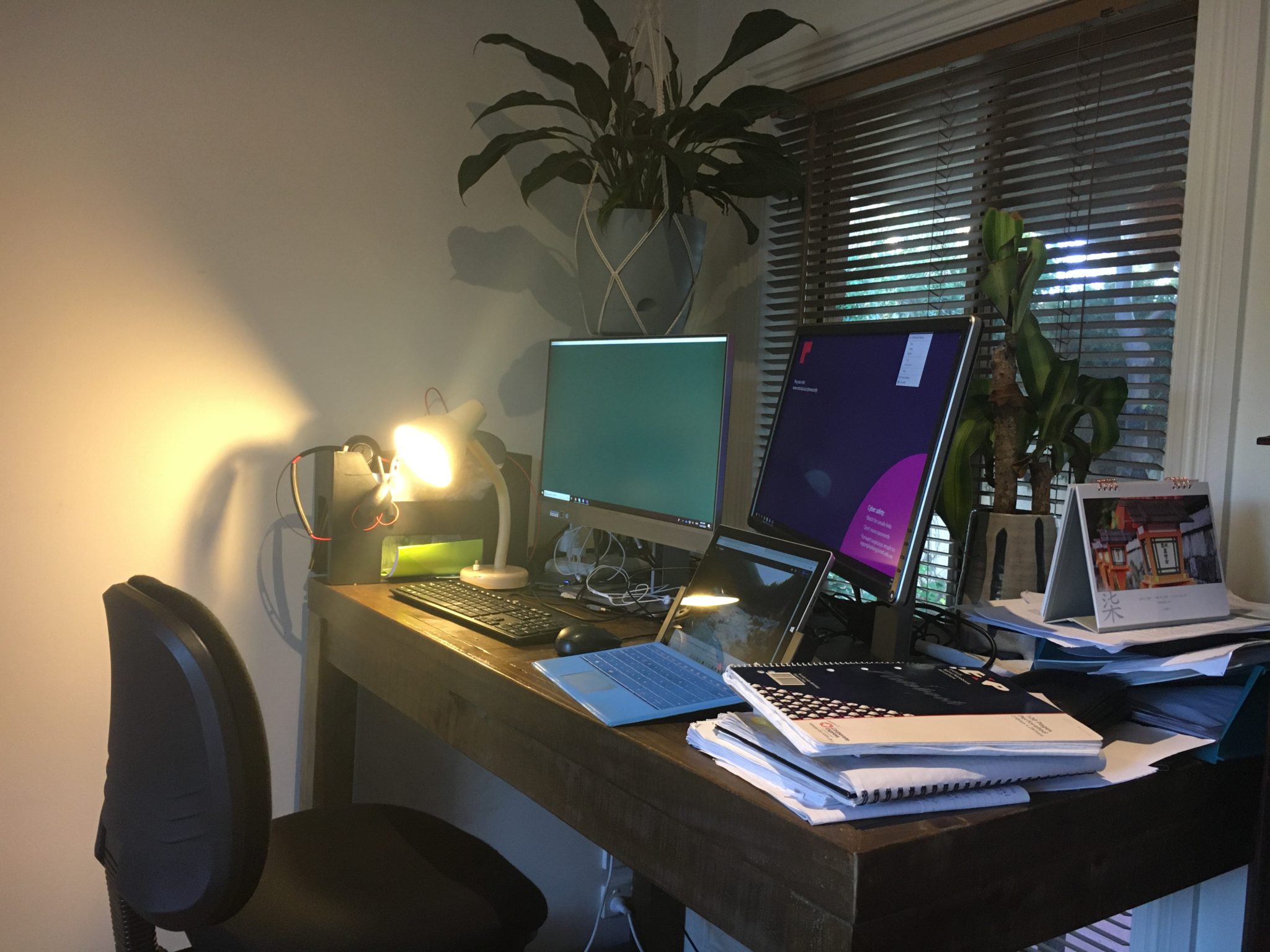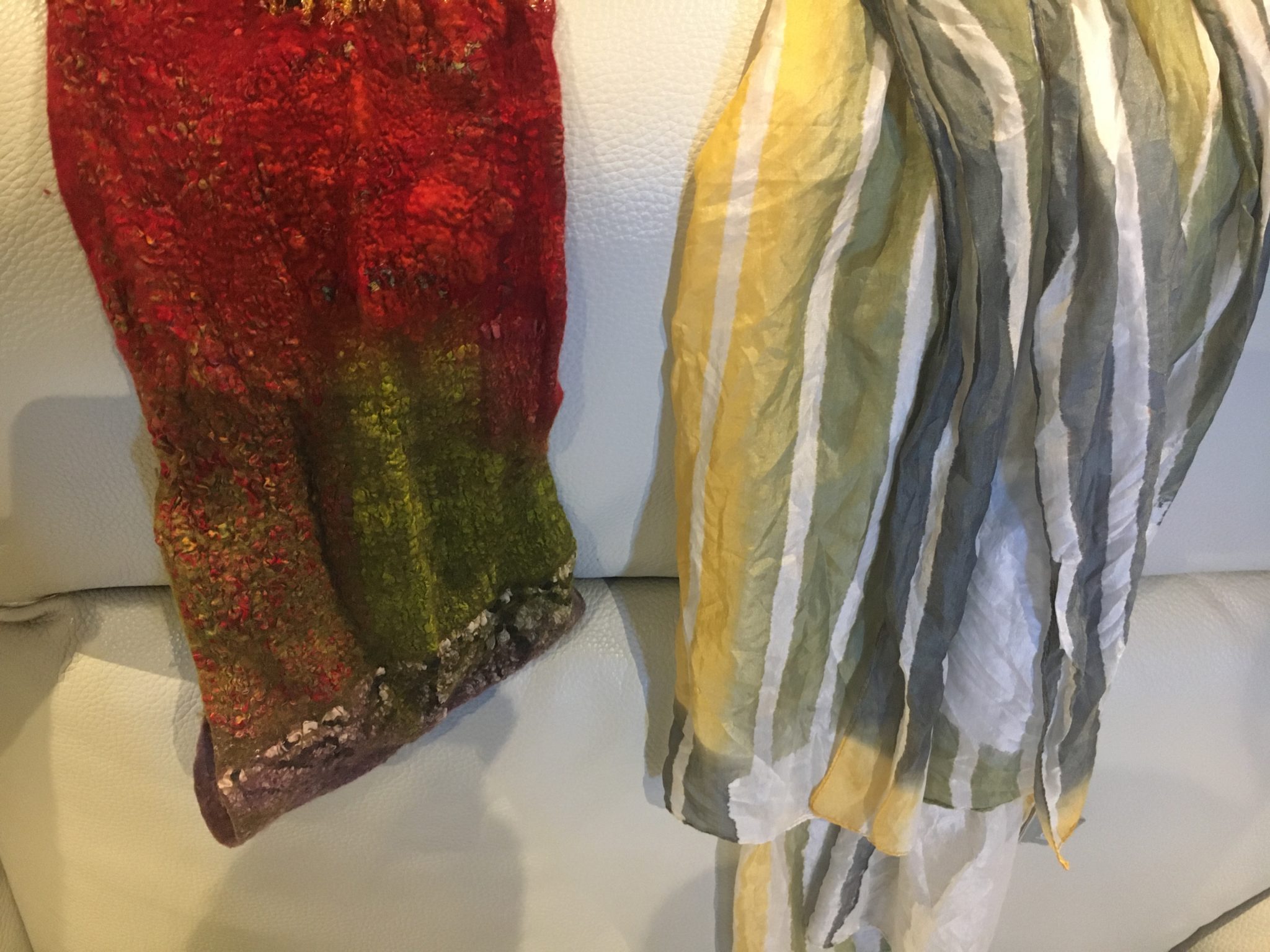10 tips to avoid the impact of coldness when work from home
Nowadays, many of us work or study from home. Prolonged stay in a cold room has the similar effect on our body as being in a cold outdoor environment. Coldness can damage vitality of our Qi. When the vitality is impacted, we feel fatigue, sleepy, hungry or pain or stiffness in some parts of your body. We may or may not feel the cold. More and more people come to our Chinese medicine clinic in Geelong for those signs and symptoms.

There are two guiding principles to prevent your body from being harmed by the coldness.
- Identify the cold environment in advance;
- Dress appropriately.
Outdoors in a winter is an obvious cold situation. This is not the only time when one is exposed to the coldness. Many of us work or study from home. Most of the Australian houses are not well insulated, so indoors can be cold. Sitting at the desk or in front of a computer for too long allows coldness to impact on us. In summer, coldness also happens as conditioners blow out cool air constantly.
Here are TEN tips to prevent coldness from impacting on you
- In a cold environment, we need to dress to feel warm, but not just “not cold”. Everyone feels cold differently. Some do not feel the cold.
- When out in the cold, wear a hat and gloves. Our head and face are very sensitive to the coldness.
- Find the right room temperature for yourself. It may vary from 19-24 degree Celsius. Keep the house to that temperature if you can.
- When you work from home, station your desk away from the drafty areas, for instance along the corridor, or close to a door or window. Also station your desk away from an outer wall. The inside of an outer wall can be 2 – 3 degree cooler than the air in the room. The cold wall absorbs your body heat if you are close to it.
-

Scarf - Wearing a scarf, indoors, or outdoors, will keep your neck warm. This is particularly important for those who have neck pain or headache. Of course if you feel hot with a scarf, then you may not needed it or try a scarf of a different material, for instance a silk scarf is far less hot than a wool scarf.
- Wearing a pair of long underpants, thick socks and warm shoes if you work from home. We tend to notice the cold feeling in our upper body, and forget our lower body. Coldness in the lower part of our body tends to directly impact on our internal organs.
- Wearing a back warmer if you have low back pain;
- Wearing a pair of thick underwear or two layers of underwear if you tend to have abdominal pain, diarrhoea or period pain for ladies
- Drink warm to hot water, but not cold water or milk from the fridge. In winter, room temperature water could be too cold for your body.
- After exercise, dry up your sweat immediately, put some clothes on even if you do not feel cold. After exercise your pores are all open, this is the time when your body is most vulnerable to coldness.
Stay warm, staysafe, and stay well.
